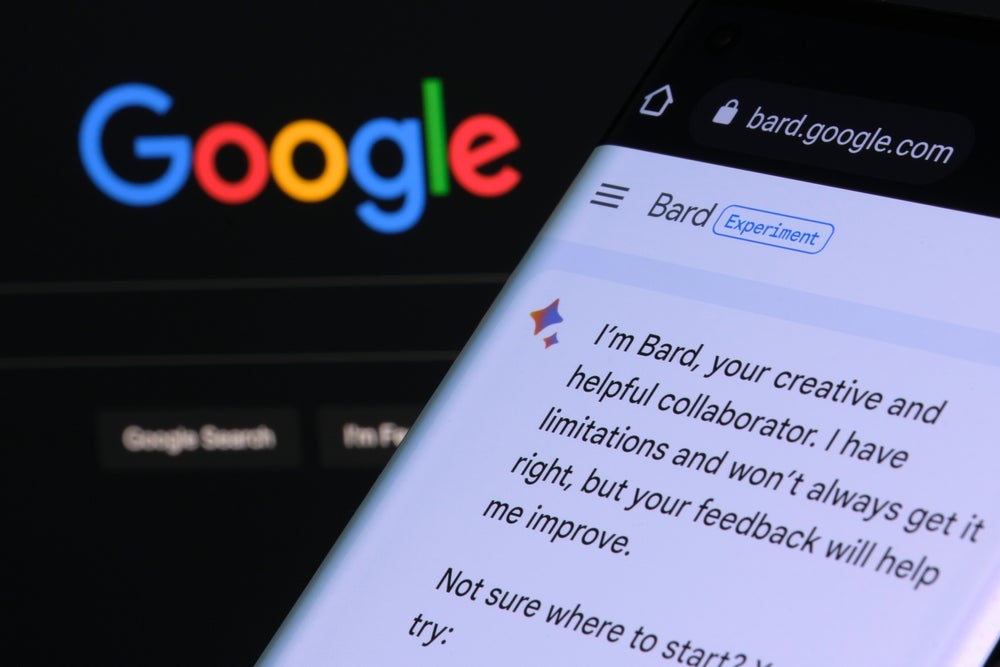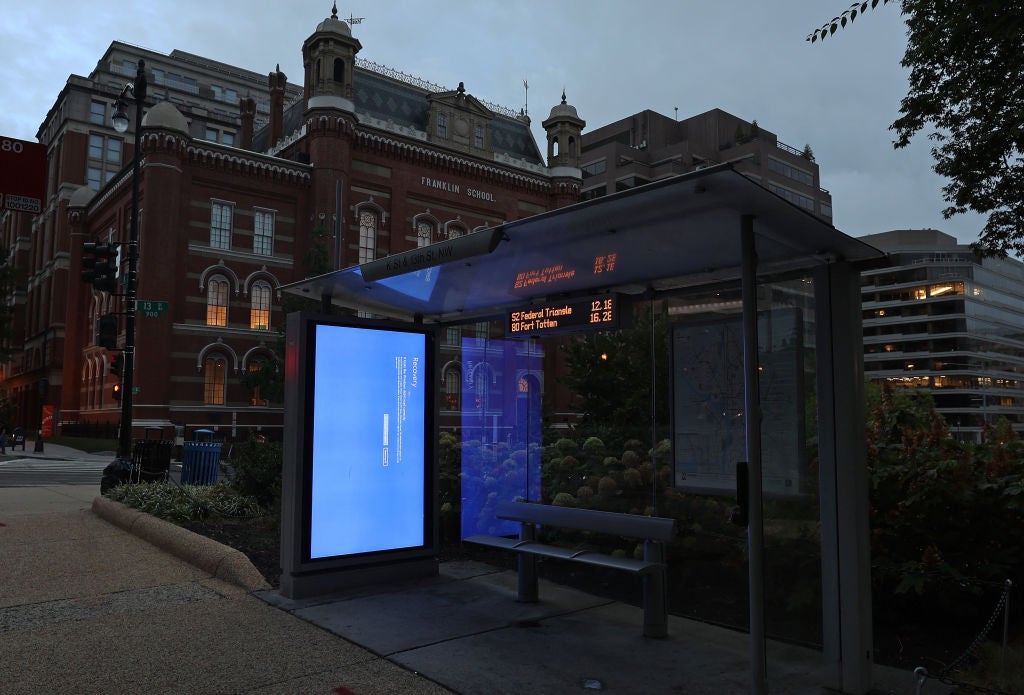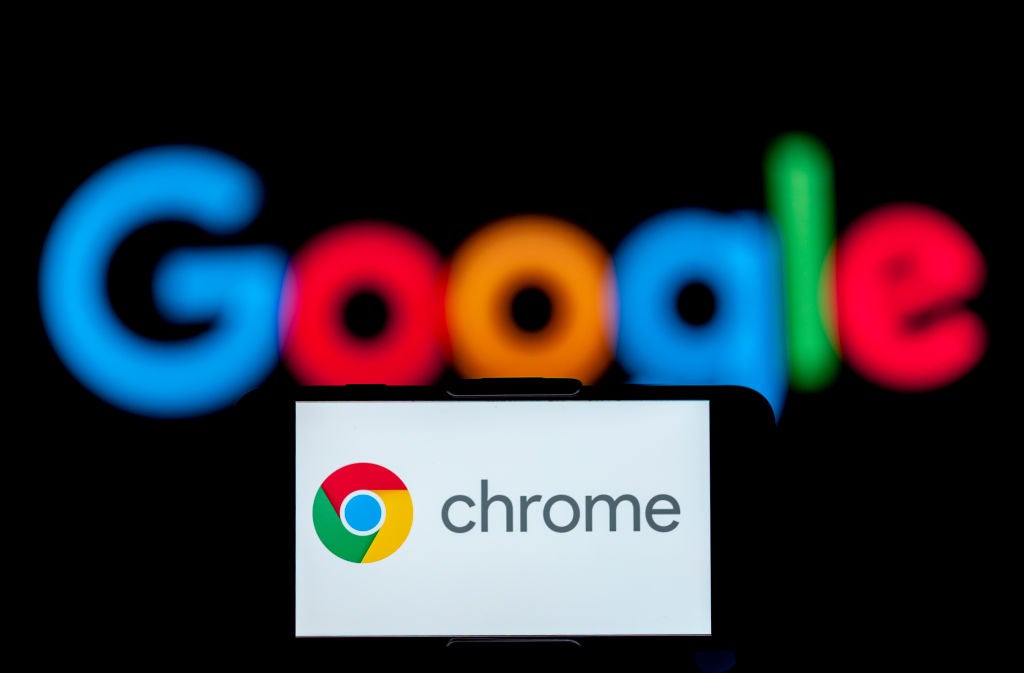
The UK Google boss has claimed that people using the company’s Bard chatbot should Google its answers to make sure that it’s providing correct information.
Talking to the BBC, Debbie Weinstein, Google’s UK boss, said that Bard should be considered as an “experiment” and “not really the place that you go to search for specific information”.
Adding: “We’re encouraging people to actually use Google as the search engine to actually reference information they found”.
The comments follow the search engine giant notoriously receiving criticism in February when Bard relayed an incorrect fact during its launch demo.
During Google’s launch of Bard, it claimed it could be used by users to “explain new discoveries from NASA’s James Webb Space Telescope to a 9-year-old, or learn more about the best strikers in football right now, and then get drills to build your skills.”
However, Bard’s homepage does state that it has “limitations and won’t always get it right”.
How well do you really know your competitors?
Access the most comprehensive Company Profiles on the market, powered by GlobalData. Save hours of research. Gain competitive edge.

Thank you!
Your download email will arrive shortly
Not ready to buy yet? Download a free sample
We are confident about the unique quality of our Company Profiles. However, we want you to make the most beneficial decision for your business, so we offer a free sample that you can download by submitting the below form
By GlobalDataBard runs on a ‘lightweight and efficient version of LaMDA’ a LLM developed by Google which focuses on conversational dialogue.
Alphabet reported revenues of $282.8bn for the fiscal year ending in December 2022, an increase of 9.8% from the previous year, according to research firm GlobalData.
Despite the rising popularity of applications like Bard and ChatGPT, investment in AI plummeted in 2022 – failing to escape economic downturn and rising inflation.
In 2013, 298 deals were completed with a total value of $1.6bn. This continued to grow over the decade, peaking in 2021 with a whopping 3,694 deals completed at a total value of $127bn, according to GlobalData.
In 2022, the number of deals completed decreased to 3,507 with a much lower value of $72,954.







